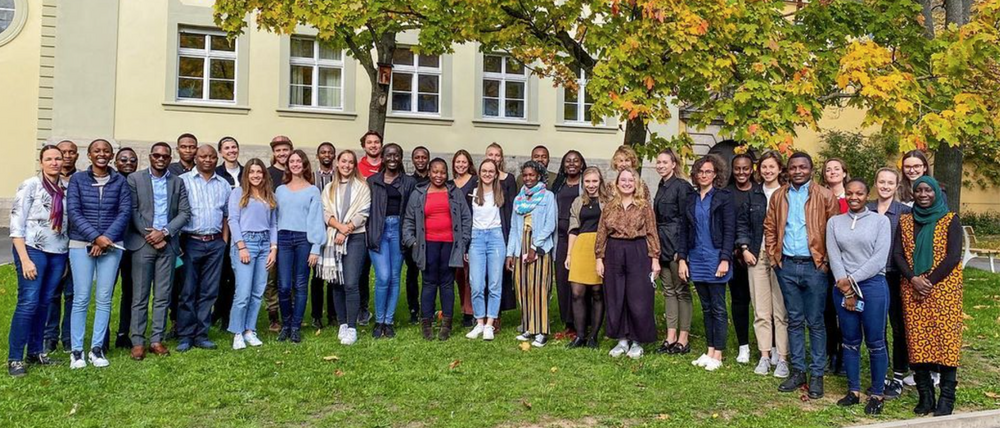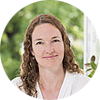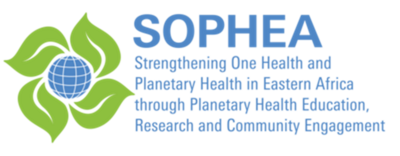SOPHEA: Healthy Planet – Healthy People
SOPHEA stands for Strengthening One Health and Planetary Health in Eastern Africa. The DAAD-funded project brings together international expertise to strengthen education, research and academic cooperation as well as scientific exchange on the topic of Planetary Health for Africa.
Together with its partners from the School of Public Health at the Catholic University of Health and Allied Sciences (CUHAS) in Mwanza, Tanzania, and the School of Environmental Sciences at the University of Eldoret, Kenya, the University Hospital of Würzburg aims to research, study, teach and act on the increasing climate and environmental changes and their interactions with health within the framework of Planetary Health and One Health. SOPHEA is supported by a scientific advisory board consisting of prominent international experts in the field of planetary health and education. The Advisory Board and its members will accompany SOPHEA throughout the project implementation and contribute their knowledge and expertise to the development of key tools and activities.
Due to the diversity of Planetary Health topics, four thematic priorities have been identified, based on the research expertise of the partner universities and the specific contextual needs of the East African region: Nutrition, Infectious Diseases, Cancer and Child Health, each against the backdrop of climate and environmental factors.
The SOPHEA Planetary Health Education Toolbox is a highly relevant instrument developed within the project. The toolbox is a freely accessible educational platform that provides guidance and materials on planetary health education in East Africa. The toolbox will enable partner universities, teachers and students as well as international users to integrate PH into educational programs and curricula - initially as a pilot project at the partner universities in Kenya and Tanzania and in the future throughout the region and beyond.

In addition, various courses such as the Summer School in Würzburg and digital short courses in East Africa are offered annually for a wide range of participants. Bi-annual conferences promote networking between scientists, lecturers and students and facilitate exchange on research initiatives. In addition, community-based student research projects and the Planetary Health Campus Ambassador (PHCA) program are supported to make knowledge accessible to the wider population in a creative way through community engagement.
Contact & Links

Dr. med. Eva-Maria Schwienhorst-Stich is Head of the research group Planetary Health of the Department for General Practice and the Zentrum für Studiengangsmanagement und -entwicklung (ZSME) at the medical faculty of the University of Würzburg and SOPHEA project lead.








